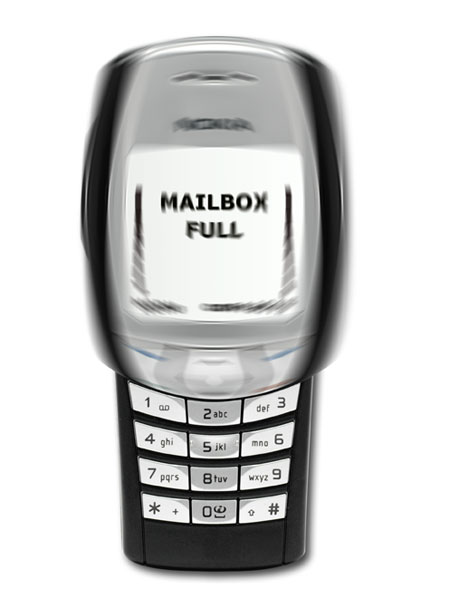Operators Join Forces to Tackle Mobile Spam
21 February 2006 by axxxr
The GSM Association has brought together 15 of the world’s leading mobile phone operators to sign a code of practice committing them to work together to minimize spam sent via text and picture messages.
Bharti, Cingular Wireless, Hutchison 3 Group, Hutchison Telecommunications International, mobinil, O2, Orange, SFR, Telefonica, Telenor, TeliaSonera, T-Mobile, Turkcell, VimpelCom and Vodafone have adopted the code of practice, which is designed to protect the secure and trusted environment enjoyed by mobile services. Together, these operators have more than 500 million customers in more than 50 countries across all regions of the world. Overseen by the GSMA, the code commits the operators to work together to investigate cases of mobile spam transmitted across mobile networks and take action where appropriate. Through the code, the operators plan to introduce anti-spam conditions into all new contracts with third party suppliers, enabling them to suspend or terminate the mobile contracts of spammers. “Although mobile spam is a relatively small problem compared with spam on fixed networks, unsolicited text or picture messages can exploit and offend mobile users," said Rob Conway, the GSMA’s CEO and member of the Board. “The widespread adoption of this code of practice will minimize these messages and reinforce the mobile industry’s reputation for providing secure and trusted services." Spam messages that travel across networks or internationally are typically harder to combat than spam that remains within one mobile network. By sharing information, mobile operators will be better able to track the source of spam and take steps to tackle it. "The GSMA's code of practice and its emphasis on collective action gives mobile operators a valuable framework to deal with mobile spam," said Frank Esser, CEO of SFR. “Operators need to work together to identify unsolicited messages travelling across networks and prevent spam from reaching our customers." Among the many provisions in the code is a commitment by operators to monitor networks for signs of spam and to provide mobile users with an easy means to report unsolicited messages. The operators will also offer customers an obvious, clear and efficient means to opt-out of receiving SMS or MMS marketing communications. “Mobile is a new media and the most effective direct marketing tool for many brands," said Muzaffer Akpinar, CEO of Turkcell. “However, the real marketing value here depends on the relevance of communicated messages and the level of control applied in filtering spam as we need to maintain the necessary customer approvals and satisfaction. While tackling on-net mobile spam is technically doable by the operator, spam coming from other operators would require cooperation and the relevant regulator’s involvement is crucial." Operators signing up to the code plan to encourage governments to review legal obstacles that may hamper operators’ ability to investigate mobile spam abuses. Such obstacles can include data protection or privacy laws or restrictions on the use of network filters to identify mobile spam and therefore prevent it from reaching customers. "Vodafone operating company analysis of messages entering our networks suggests that spam levels on e-mail can be as high as 70% of all messages received, whereas spam on mobile messaging - such as SMS or MMS - can be managed down to less than 1%," said Tina Southall, Director of Vodafone live! Proposition and Content Standards. “We are pleased to support the new GSMA code of practice on spam. O2 is 100% committed to providing our customers with a great experience and we know how inconvenient and frustrating spam can be. The new code will help to maintain consumer trust and confidence in messaging services, which is essential for the industry to continue to thrive."Russ Shaw, Marketing Director O2 (UK) Ltd. |







 RSS feed
RSS feed